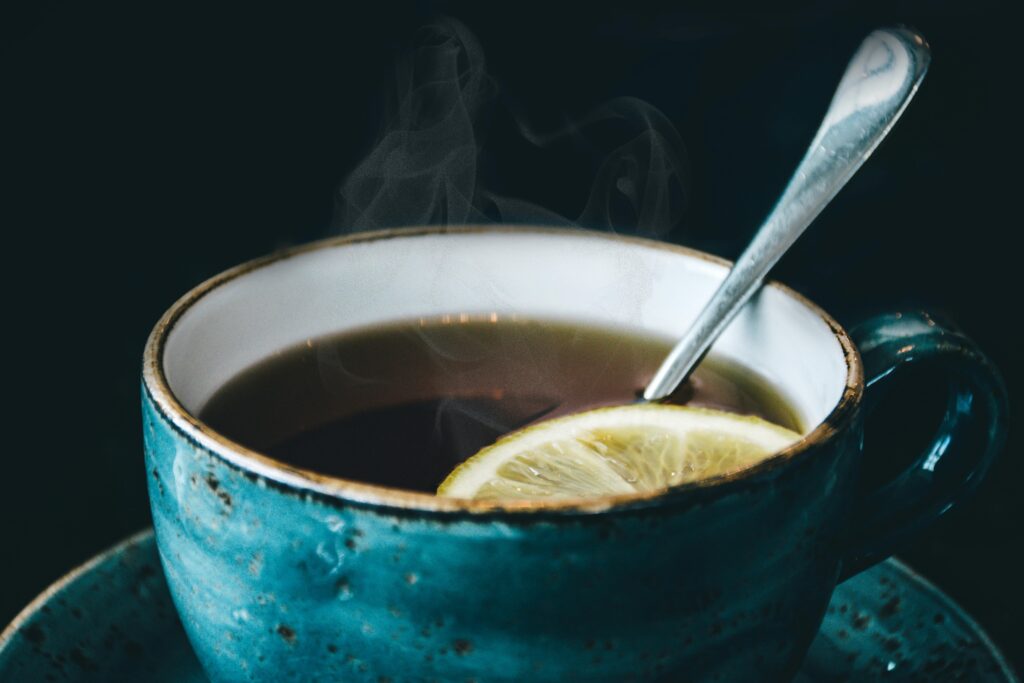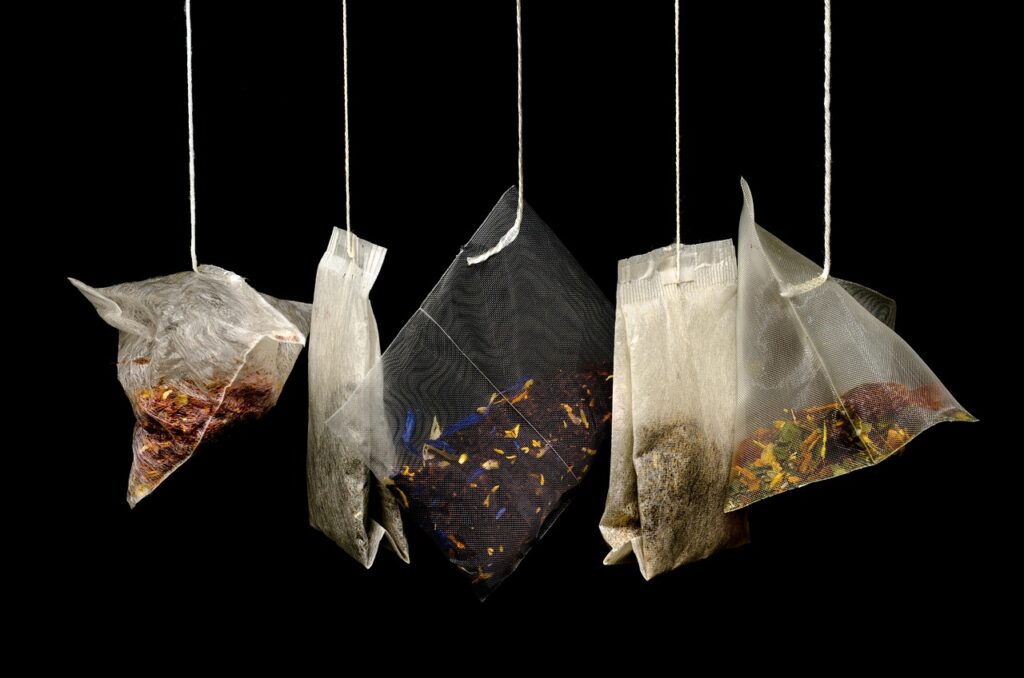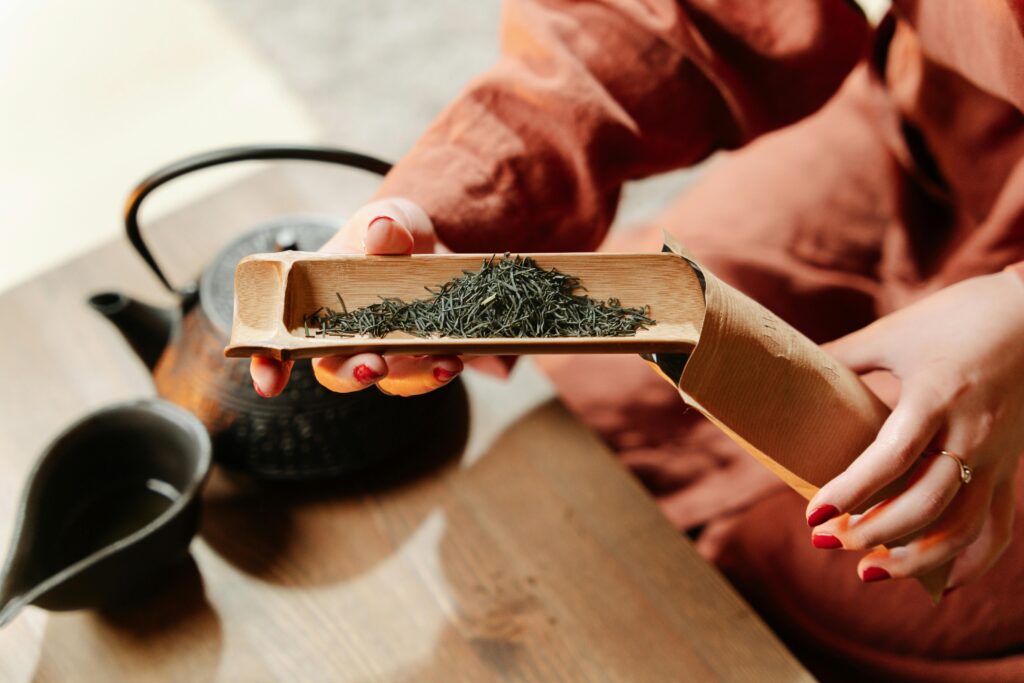Black tea is one of the most widely consumed beverages in the world, second only to water. Known for its bold flavor and energizing properties, black tea has been a staple drink for centuries in cultures across Asia, Europe, and beyond. From the morning pick-me-up to afternoon tea traditions, this timeless beverage has earned its place as both a comforting ritual and a source of numerous health benefits.
In this article, we’ll explore the health benefits of black tea, its role in traditional medicine, how to brew the perfect cup, and why adding black tea to your daily routine could improve both body and mind.

What is Black Tea?
Black tea is made from the leaves of the Camellia sinensis plant, the same plant that gives us green, white, and oolong teas. The difference lies in the oxidation process: black tea leaves are fully oxidized, giving the brew its dark color, bold taste, and higher caffeine content compared to other teas.
Popular types of black tea include:
- Assam tea – strong and malty, grown in India.
- Darjeeling tea – delicate and floral, often called the “champagne of teas.”
- Ceylon tea – from Sri Lanka, with a crisp and citrusy flavor.
- Keemun tea – Chinese black tea, smooth and slightly smoky.
Whether consumed plain, with milk and sugar, or blended with spices, black tea offers a versatile and globally cherished drinking experience.
Key Health Benefits of Black Tea
1. Boosts Energy and Alertness
Black tea is naturally rich in caffeine, though it generally contains less than coffee. It also provides L-theanine, an amino acid that promotes calm alertness. This combination results in improved focus, mental clarity, and sustained energy without the jittery spikes of coffee.
2. Supports Heart Health
Studies suggest that regular consumption of black tea may reduce the risk of heart disease. This is due to its content of flavonoids, plant-based compounds that:
- Improve blood vessel function
- Reduce cholesterol levels
- Support healthy blood pressure
A cup or two of black tea per day could be a heart-friendly habit.

3. Rich in Antioxidants
Black tea is packed with polyphenols, including catechins, theaflavins, and thearubigins. These antioxidants help protect cells from free radical damage, which is linked to chronic diseases and premature aging.
4. May Improve Gut Health
Research shows that black tea may support a healthy gut microbiome by encouraging the growth of beneficial bacteria. A balanced gut is linked to better digestion, stronger immunity, and even improved mood.
5. Helps Regulate Blood Sugar
Some studies indicate that black tea may help improve insulin sensitivity and regulate blood sugar levels, making it a potential ally for people managing type 2 diabetes.
6. Supports Mental Health
The combination of caffeine and L-theanine in black tea has been shown to reduce stress, promote relaxation, and enhance cognitive performance. It’s often seen as the perfect balance between stimulation and calm.
7. May Aid Weight Management
While black tea is not a magic weight loss solution, its polyphenols may help boost metabolism and fat oxidation. Replacing sugary drinks with unsweetened black tea also reduces calorie intake naturally.
8. Promotes Oral Health
The polyphenols in black tea may reduce the growth of harmful bacteria in the mouth, lowering the risk of cavities, gum disease, and bad breath. It’s a natural way to support oral hygiene.
Black Tea in Traditional Medicine
Black tea has long been used in Ayurvedic medicine and Traditional Chinese Medicine (TCM) for its warming, stimulating qualities. It has been recommended for:
- Improving circulation
- Enhancing digestion
- Boosting energy and vitality
- Reducing mental fatigue
This traditional use continues today, blending centuries of wisdom with modern science.
How to Prepare Black Tea
Ingredients:
- 1 teaspoon of black tea leaves (or 1 tea bag)
- 1 cup of hot water (around 95°C / 203°F)
- Optional: milk, lemon, honey, or spices
Instructions:
- Boil water and let it cool slightly before pouring over the leaves.
- Steep for 3–5 minutes, depending on your preferred strength.
- Strain the leaves or remove the tea bag.
- Enjoy plain, or add milk, sugar, or lemon.
👉 Tip: Over-steeping can make black tea bitter. Stick to the recommended steeping time for best flavor.

Potential Side Effects and Precautions
While black tea is safe for most people, some considerations include:
- Caffeine sensitivity: May cause insomnia, jitters, or rapid heartbeat in sensitive individuals.
- Iron absorption: Tannins in black tea can reduce iron absorption; avoid drinking it with iron-rich meals.
- Medication interactions: May interact with certain drugs (e.g., blood thinners, stimulants).
Moderation is key: 2–4 cups per day are generally safe for most adults.
Black Tea and Longevity
Vários estudos observacionais associam o consumo regular de chá preto com maior expectativa de vida. Pesquisas sugerem que os antioxidantes e compostos bioativos presentes no chá podem reduzir riscos de doenças crônicas como câncer, diabetes e doenças cardiovasculares. Além disso, hábitos culturais em regiões onde o chá é amplamente consumido (como China, Índia e Inglaterra) estão ligados a rotinas sociais de relaxamento e bem-estar, que também podem contribuir para a longevidade. Embora não seja uma “bebida milagrosa”, o chá preto pode fazer parte de um estilo de vida equilibrado que apoia uma vida mais longa e saudável.
FAQ About Black Tea
1. How much caffeine is in black tea?
A cup of black tea typically contains 40–70 mg of caffeine, less than coffee but more than green tea.
2. Can I drink black tea every day?
Yes! Regular consumption in moderation is safe and may provide numerous health benefits.
3. Does black tea help with weight loss?
It may support weight management by boosting metabolism and replacing higher-calorie drinks, but it’s not a stand-alone weight loss solution.
4. What is the best time to drink black tea?
Morning or early afternoon is ideal for an energy boost without disrupting sleep.
5. Is black tea acidic?
Black tea is mildly acidic, but generally well tolerated. If you have acid reflux, avoid drinking it on an empty stomach.
Helpful Links for Further Reading
- Harvard T.H. Chan School of Public Health – Tea
- Medical News Today – Black Tea: Benefits, Nutrition, and Risks
Disclaimer
This article is for educational purposes only and is not intended as medical advice. Always consult a qualified healthcare professional before making changes to your diet, lifestyle, or supplement routine.

